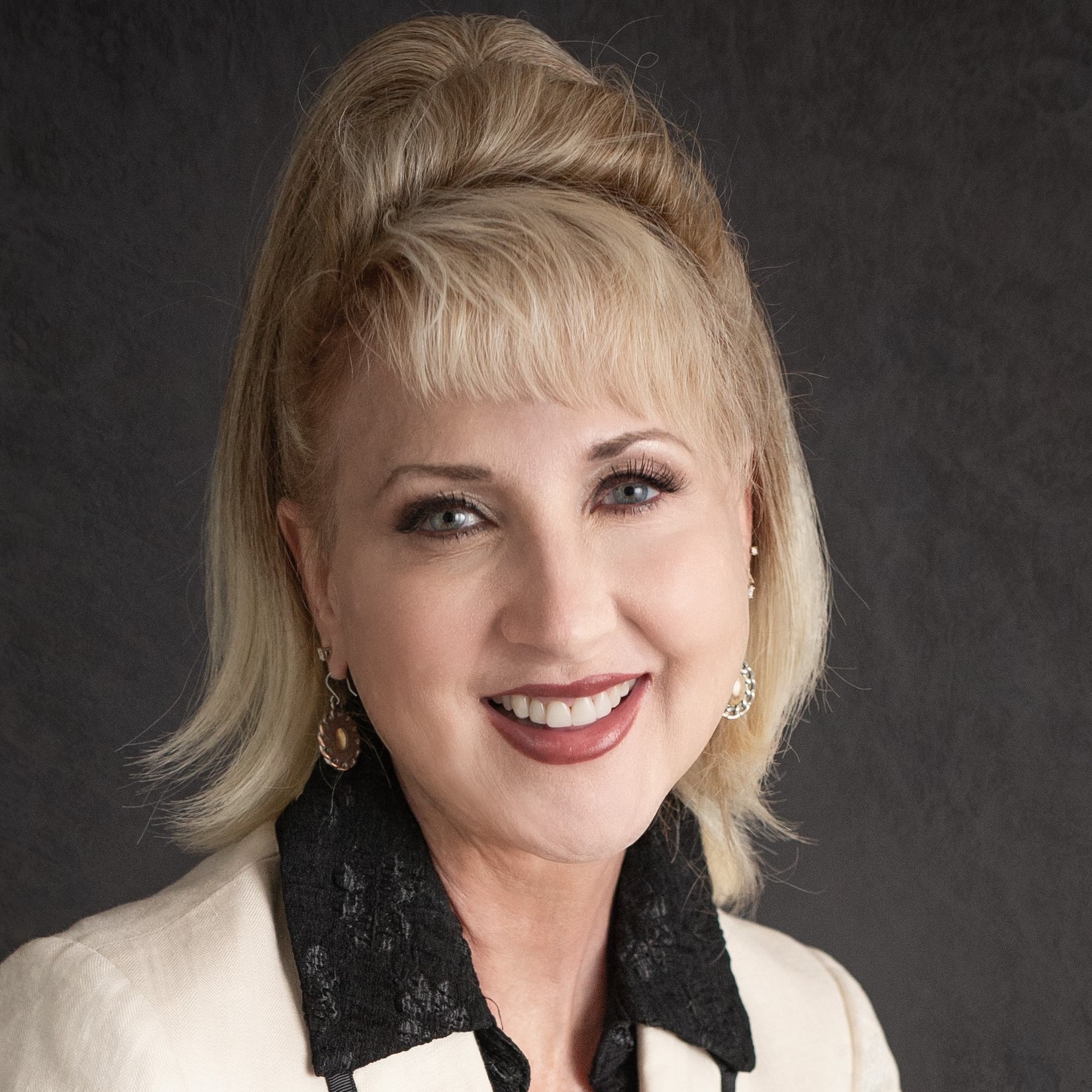Episodes

Monday Aug 19, 2024
How Much Does Your Pleasure Cost You and Others?
Monday Aug 19, 2024
Monday Aug 19, 2024
Today Cinthia talked about the costs and value of pleasure and virtue. In our culture, pursuing pleasure seems to make sense, to be part of living our best life. And pleasure can be a good thing; sometimes it can help us enjoy good things, mitigate pain, etc. But pleasure always has a price. Sometimes pleasure is worth the price, but sometimes it is not. Sometimes pleasure costs us more than we anticipated or acknowledged it would cost, both for us and for those around us. Sometimes, in our attempts to mitigate pain with pleasure, we create more problems and pain. Being willing to cause pain to others in order to secure pleasure for ourselves is called selfishness. Being willing to cause harm to ourselves in order to experience pleasure is problematic, as well, particularly for those who believe human beings were created with value by something bigger than ourselves; harming ourselves also ultimately harms others, as well.
Virtue also has a price. Pleasure and virtue each cost us something. Good character understands and respects the price of each. Consider the price and payoff of an addiction, whether a substance addiction or an over-attachment to some other form of pleasure/pain relief, as opposed to the price and payoff of sobriety. Pleasure often masquerades as being exactly what you need in the moment. To what do you cling? Are you addicted to fear, to a feeling, to indulgences like lying? These things collect other things. Virtue is more lasting. Are you willing to pursue virtue? It really matters.
What does your presence bring to others? The way we interact with each other matters. God partners with us perfectly even though we do not deserve it. Thank Him for that and for the people who partner with you; learn to be the kind of person you should be even when other people are not doing what they should do. Pay attention to the feedback of those who let you know how you are affecting them; the one who tells you the truth may be your friend.
In your relationships and human interactions, do you primarily deduct or deposit? Do you drain the people around you? Do others have to compensate for your emotional draws on a regular basis? Do you primarily take energy or give it? Do people have to recover from being with you, or do you help them recover from the world? Are you part of the harshness in the world? Do you take for granted that others will make up for what you take? Do you show up to the party empty-handed, expecting only to take and never thinking to give?
If you tend to take energy from others without realizing it, work on recognizing cues like facial expressions, breathing, etc. Notice what other people are experiencing instead of taking them for granted. We expect children to take without understanding the cost to others because they are learning to participate well in relationships, but we expect adults both to give and to receive. What are you doing for someone else? Do you hijack the conversation and hold it hostage? Do you require constant reassurance from others? Does your presence bring peace, happiness, calm, refreshing? When you show up somewhere, do the people leave feeling better because they talked with you? How do people typically feel about themselves after talking with you?
When we consider what to give others, remember that small gestures of kindness or courtesy can give people so much. It is not your job to fix, correct, or “help” everyone around you regardless of whether they want that help. We can do so much for others simply by being kind and courteous to them, which requires managing our own behavior. Start by simply not offending people with coarse words, etc. Consider the words you use and whether they are building or destroying. Remember, words have power to build and destroy. Are you saying the things that need to be said? Are you saying lots of things that are simply unnecessary and unhelpful?
For those of us who are Christians, it is especially important to reflect the generosity of God in the way we approach others rather than walking selfishly through the world, taking but not giving. While our salvation comes through believing in Jesus Christ -- His identity as the Son of God, His death on our behalf, and His resurrection – God does want us to do His work while we are on Earth. At the end of our lives we want Him to tell us, “Well done, my good and faithful servant.” We are to be like Him, and He came to serve rather than to be served.
Our culture tends to emphasize focusing on what we want our own lives to be like. We can start to think that “being all you can be” means gathering as much pleasure and/or prestige for oneself as possible. II Timothy 3:1-5 describes what people will be like in the last days; are you one of these people? Selfishness is a problem here in our country, and we often justify it or even glorify it. Selfishness messes up the world and will harm you if you do not get a handle on it.
Moral virtue or excellence is closely concerned with pleasure and pain, with what is base and what is noble. Virtue has to do with actions, passions, and affections. Every affection and every action is accompanied by pleasure or pain, and pleasure and pain form our character. Virtue is able to accept both pleasure and pain, to do good things and deal with feeling bad. Vices make us feel good while we are engaging in them, but we generally know that regret will follow. Plato stated that man needs to be trained from his youth as to how to find pleasure and pain in the right objects and that this is what sound education means. We must train our brains, hearts, and minds to want goodness and virtue, which will always be with us to help us.
Cinthia referenced the poem “I Walked a Mile with Pleasure” by Robert Browning Hamilton. In this poem, Hamilton describes enjoying the company of pleasure but recognizing that he had not learned anything from it once it was over. Sorrow, however, taught him deep lessons. When we are able to learn from sorrow and choose wisely even when it means we give up some pleasure and accept some pain, we are maturing. Maturity helps us to say, “Yes, I could do that and get away with it, but then I would have to live with myself.” Freedom is not having to worry about what you have done; it does not come from being able to do whatever you want but from learning to do the right thing.

